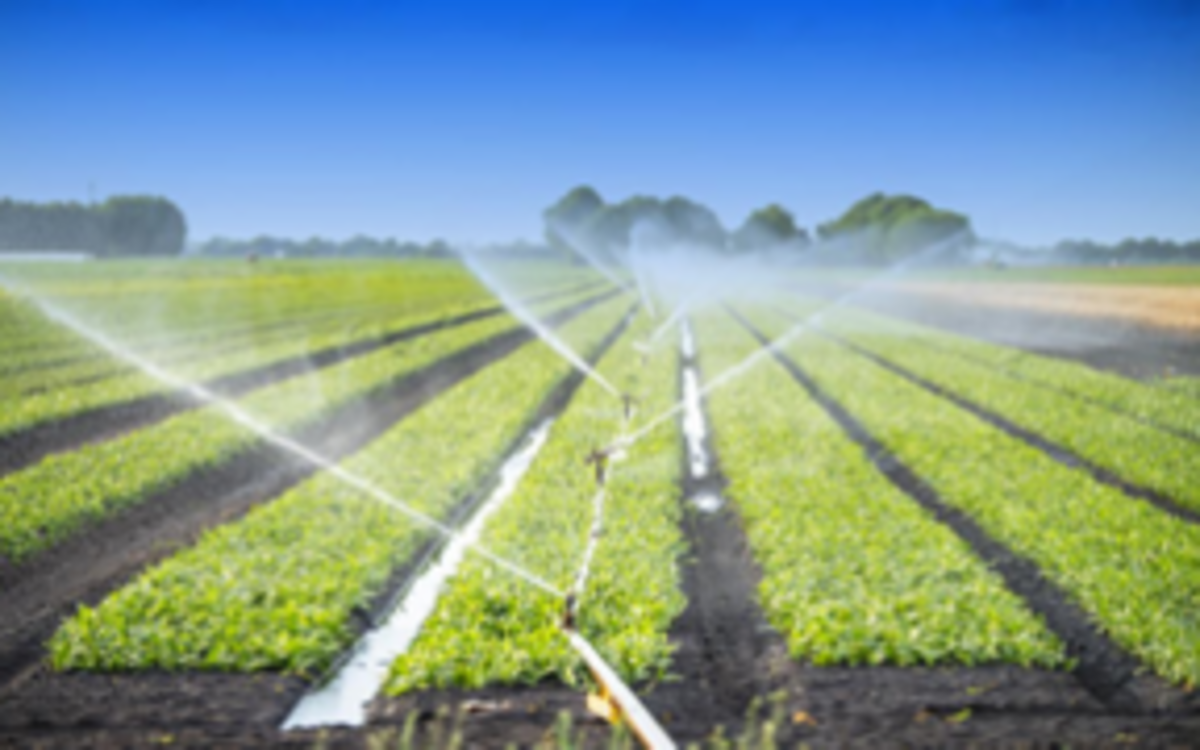This science for policy report will be used as basis for defining EU legislation on the reuse of water in agriculture.
Water scarcity and shortages are a growing problem around the world. Pressures from droughts and urban development exacerbated further by climate change, have put a strain on the freshwater supplies also in Europe.
Recycling waste water has become increasingly important for improving efficient water use.
Agriculture – especially agricultural irrigation – is one of the areas which offer many opportunities for reusing treated waste water.
However, before recycled water can be reused in agriculture, we need to be sure that the treated water meets the necessary safety and quality standards to safeguard human health and the environment.
"At the moment, a lot of the waste water which could be reused is wasted. We are not using the available water to its full potential. In support of the EU's efforts to encourage an efficient use of water, we assessed the health and environment related risks linked to the reuse of waste water in agricultural irrigation and developed the minimum quality requirements to be respected so that recycled water can be used safely in agriculture", explains Bernd Gawlik, the lead author of the JRC report.
The report establishes the microbiological and physico-chemical parameters, the associated limit values and monitoring frequencies for the use of treated waste water in agricultural irrigation.
It also defines the preventive measures to be adopted and establishes the main elements for the implementation of a risk management framework, as recommended by the World Health Organisation.
The JRC report is an important contribution to the EU's Circular Economy objectives.
It will be used to define EU legislation on minimum quality requirements for water reuse with the aim to establish common approach on water reuse across the EU.
